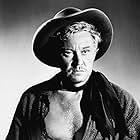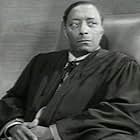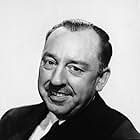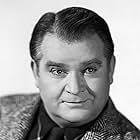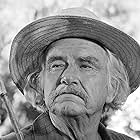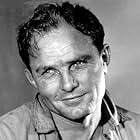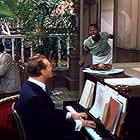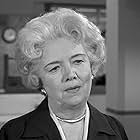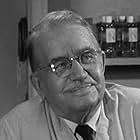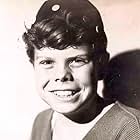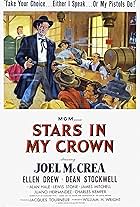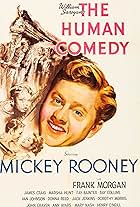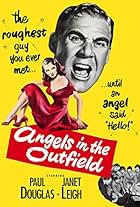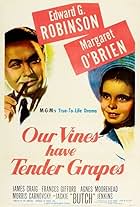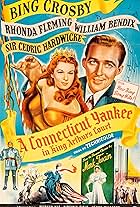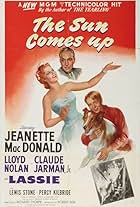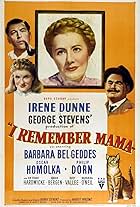In 1940s Mississippi, two teenage boys and an elderly woman combine forces to prevent a miscarriage of justice and clear a black man of a murder charge.In 1940s Mississippi, two teenage boys and an elderly woman combine forces to prevent a miscarriage of justice and clear a black man of a murder charge.In 1940s Mississippi, two teenage boys and an elderly woman combine forces to prevent a miscarriage of justice and clear a black man of a murder charge.
- Won 1 BAFTA Award
- 3 wins & 8 nominations total
- Minor Role
- (uncredited)
- Minor Role
- (uncredited)
- Child with Yo-Yo
- (uncredited)
- Minor Role
- (uncredited)
- Man in Crowd
- (uncredited)
- Customer
- (uncredited)
- Director
- Writers
- All cast & crew
- Production, box office & more at IMDbPro
Storyline
Did you know
- TriviaThe film was shot on location in William Faulkner's hometown of Oxford, MS.
- GoofsWhen Chick comes out of the water, his hair is dry even though he had been completely underwater. Then he goes to Lucas's cabin and takes off his wet clothes, and his hair is wet.
- Quotes
John Gavin Stevens: Lucas, has it ever occurred to you if you just said "mister" to white people and said it like you meant it, you might not be sitting here now?
Lucas Beauchamp: So I'm to commence now? I can start off by saying "mister" to the folks that drag me outta here and builds a fire under me.
- ConnectionsFeatured in Some of the Best: Twenty-Five Years of Motion Picture Leadership (1949)
Chuck tells his uncle John Stevens (David Brian) that he is troubled by his confusion over his attitude towards Lucas. Lucas is not like the other black men in the town. He doesn't show deference or fear to the white men who live there. In Chuck's only encounter with Lucas, when Chuck fell into an iced up pond on Lucas' property, it wasn't that Lucas behaved wrongly towards him - in fact he was quite hospitable. It was the fact that Lucas treated Chuck as an equal who happened to be a guest in his home. This recognition of the roots of racism growing inside of him seems to be what bothers Chuck more than anything since Chuck is simply not accustomed to a black man who feels free to be unlikeable and haughty with white people.
Chuck goes with his uncle when he talks to his new client, Lucas, that night in the jail. But Lucas won't help himself that much when talking to his attorney past the point of saying that he did not kill Gowrie. Part of the reason for that is probably the fact that Lucas' lawyer thinks that the best Lucas can hope for is a fair trial followed by a hanging versus a hanging with no trial. Initially he won't entertain the idea that Lucas could be innocent. Slowly it is revealed - to Chuck, to his uncle, and to an older woman who is a client of Chuck's uncle (Elizabeth Patterson), that Lucas could not have committed this crime. But they need not only very hard evidence of Lucas' innocence, they need evidence of the guilt of whoever did commit the murder. The criminal justice system, at this point, is pretty much a rubber stamp for conviction when it comes to black men, especially black men accused of killing a white man. Lucas' advocates don't need a reasonable doubt, they need a shadow of a doubt. And there is the threat of lynching until this trio gets that shadow of a doubt.
This was an excellent very early film on racism and the criminal justice system in the south, beating out To Kill a Mockingbird by more than a decade. Juano Hernandez is the heart of this film as Lucas Beauchamp. He displays an enigmatic dignity - you never know where he is coming from with his lack of explanation of what happened until the end. I'd highly recommend this one.
- How long is Intruder in the Dust?Powered by Alexa
Details
Box office
- Budget
- $988,000 (estimated)
- Runtime1 hour 27 minutes
- Color
- Aspect ratio
- 1.37 : 1
Contribute to this page











